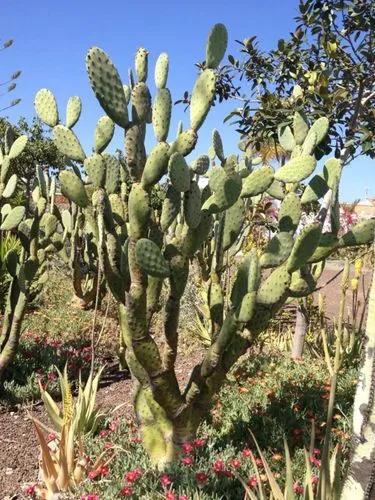Verbascum nigrum the black mullein or dark mullein, is a species of biennial or short-lived perennial herbaceous plants in the genus Verbascum, native to dry open sites in Europe and the Mediterranean region. It grows to 0.5–1.5 m.
Dark mullein Care
Verbascum nigrum



Verbascum, common name mullein, is a genus of about 360 species of flowering plants in the figwort family Scrophulariaceae. They are native to Europe and Asia, with the highest species diversity in the Mediterranean. They are biennial or perennial plants, rarely annuals or subshrubs, growing to 0.5 to 3 metres (1.6 to 9.8 ft) tall. The plants first form a dense rosette of leaves at ground level, subsequently sending up a tall flowering stem. Biennial plants form the rosette the first year and the stem the following season. The leaves are spirally arranged, often densely hairy, though glabrous (hairless) in some species. The flowers have five symmetrical petals; petal colours in different species include yellow (most common), orange, red-brown, purple, blue, or white. The fruit is a capsule containing numerous minute seeds.
How to Care for the Plant

Water

The plant has average water needs. It should be watered regularly but avoid overwatering. In general, it`s considered highly drought-tolerant.

Sunlight

Choose a sunny position. The plant dislikes shade.

Soil

An easily grown plant, it succeeds in most light well-drained soils. Alkaline soils are preferred and acid soils should be avoided.

Temperature

The plant can be grown in the areas with the lowest winter temperatures of −34.4°C (−30°F).

Popularity

140 people already have this plant 32 people have added this plant to their wishlists
Discover more plants with the list below
Popular articles






